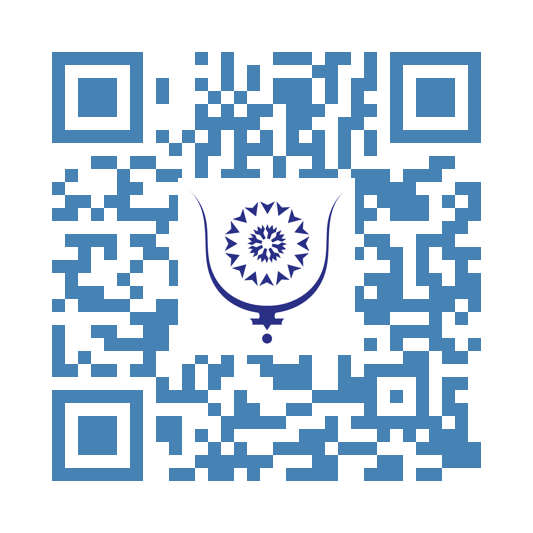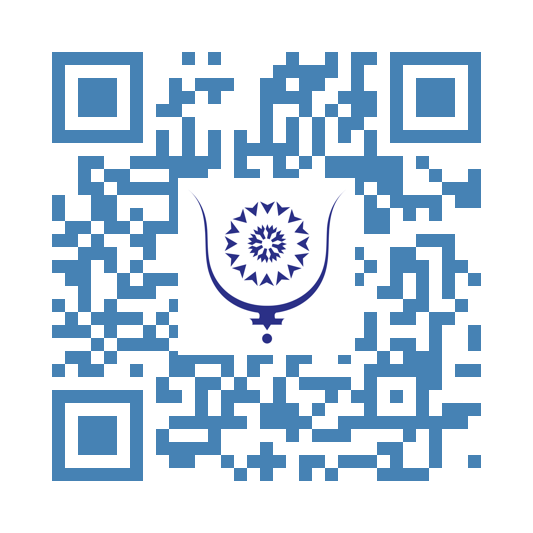Is PhD for you or not?
5737
Why is a PhD so tough?
If I still get the chance to do a PhD, should I still consider doing it? I get plenty of questions asking me, “Why should I apply for a PhD? What are the benefits? Where, in what field, and with which supervisor should I consider doing it?” I will answer all these common questions in this article and give a few pieces of advice for graduate students and anyone hesitating to enroll in a PhD program.
First things first, if you ask any PhD candidate or someone with a PhD about their experience, we all share the same answer: “PhD is tough.” But why? A PhD program is meant to shape you personally and professionally. It’s a minimum of three years where you discover your weaknesses, build a strong foundation of expertise, focus, and social dynamics, and it takes you out of your comfort zone. I’ll explain everything in detail with examples.
The idea I had about a PhD when I recently graduated is completely different from what I am experiencing right now. Before, I thought a PhD program was all about publishing papers, and back then, for me, a paper could be done in less than four months. I mean, indeed, but that’s only for a mediocre paper with no impact, which could be published in a normal to predatory journal. Now I realize that publishing a high-quality article takes years of hard work, consistency, collaboration with a team of experts, making mistakes, conducting experiments, re-conducting experiments, taking critical advice from your supervisors, and implementing it effectively. Even then, you may or may not get the expected results. You may feel frustrated and get a bit depressed since you spent at least a year working on an approach that now seems no longer promising. That’s one side.
The other side is psychology. What I mean by that is how you can feel really down, but regardless of your feelings, you discover your passion that can boost you and give you the purpose to balance your PhD and personal life. Then there is a critical aspect, which is your supervisor. You and your supervisor are two different people. Your supervisor has more experience than you, and as you’re conducting your PhD, doing the experiments, once you get critical feedback from your supervisor, you may take it personally and start thinking negatively about your experience, assuming he’s not helping you but just criticizing your work. That’s not true. What you actually learn about a PhD is that your supervisor’s success is yours as well, and vice versa. Since he has more experience than you in publishing high-quality articles, you should definitely forget about your ego, start communicating with him, and learn from him, because at the end of the day, you are still a student, and that’s what’s great about the PhD experience.
Besides publishing, which is just a small part of your PhD program, you learn how to communicate your research area and results in a smooth way that anyone with a different background, or even a 5-year-old kid, could understand. You also learn how to sell your research, which means that you can definitely be a great candidate for the industry in the future, not just academia. Public speaking is another important skill you learn in a PhD since it is required to present your work at international conferences and congresses in front of highly valued speakers. You start to appreciate criticism and see it as a new way to improve yourself.
If your primary goal is to improve yourself, be self-aware, and be better, then a PhD program is for you. If you are not, just forget about a PhD program because you will struggle, start comparing yourself with others, or may stop comparing yourself with others in a bad way that may lead you to become a narcissistic psychopath who thinks his PhD thesis is going to change the world and that everything he does is what matters, while what others do is completely irrelevant.
At the end of the day, a PhD program is just a way to reach your higher goals, and if you see it as it’s supposed to be, then you’re going to have an enjoyable experience, full of learning, and enjoy science as it’s supposed to be.
My Advice for Future PhD Candidates:
- Your Supervisor: The first thing you should look for is your supervisor rather than the subject of your thesis. Your supervisor is the one you will be working with every single day for at least four years. He should be a good human being, skilled, and inspirational because their words can be a great motivation for you. Otherwise, if not, your experience is just going to get worse and worse, and you may quit.
- Self-Improvement: Consider if you really want to improve your weaknesses and become a better version of yourself. Are you ready for high criticism of work that you spent years on? Would you accept that? If yes, then go for a PhD.
- Academia: Academia is super toxic. Are you ready to engage in what might be a toxic environment and learn how to get the good side from it? If yes, then trust me, you will be perfectly shaped after your PhD, and you will be a great fit for both academia and industry.
- Financial Goals: If your goal is to get money rather than improving yourself, just forget about academia because it will simply slow down that process of getting money as soon as possible.
----
To answer the first question, if I get the chance to start my PhD with the same conditions, the same supervisor, and the same thesis director, I would definitely follow the same path. Hell yeah, I love it!
Share:
Is PhD for you or not?
copy:
https://bluwr.com/p/23930737



























